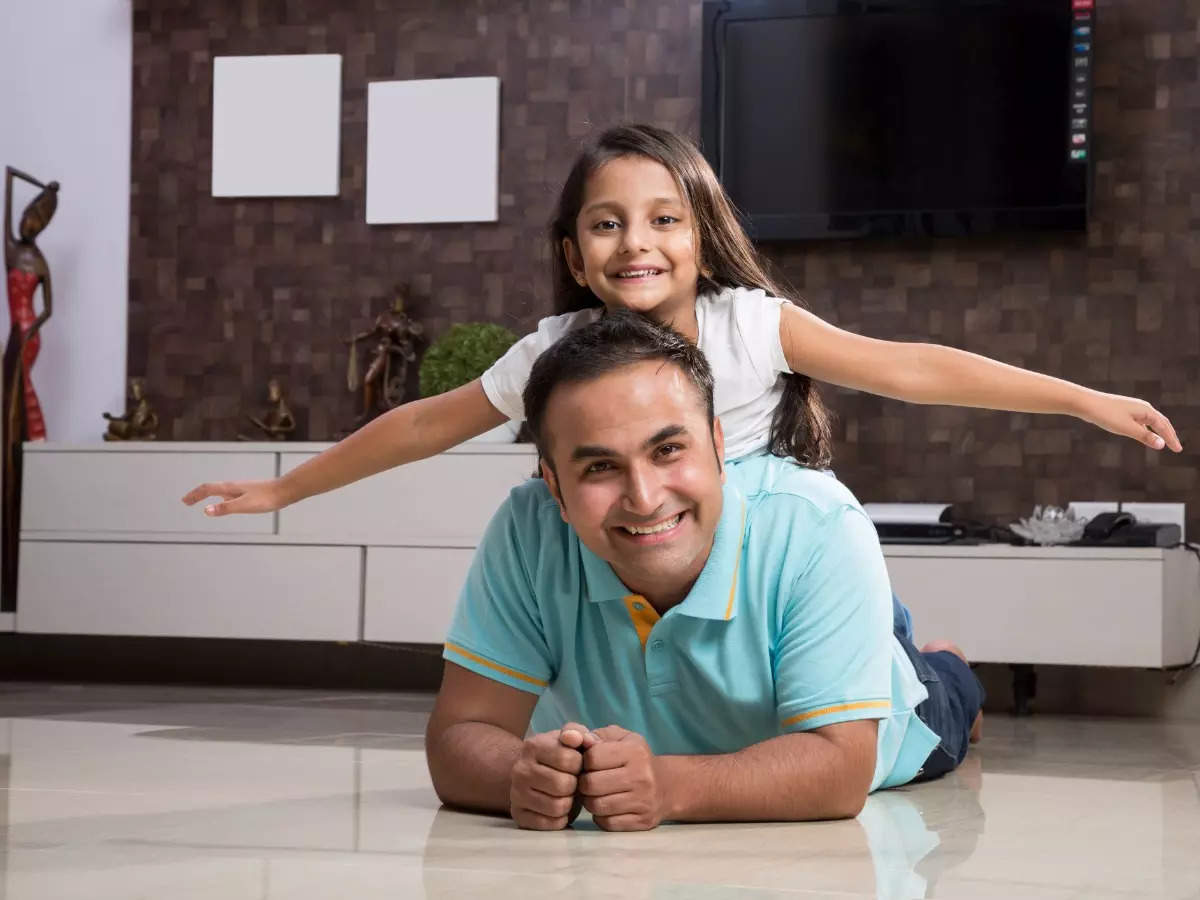
Children's Day 2022 will be observed on November 14. On this day awareness is created about the rights, welfare and education of children. This day is also the birthday of the first Prime Minister of Independent India Pandit Jawaharlal Nehru.
Celebrating November 14 as Children's Day came into action in 1957 following a government notice. This day makes us remember the vision Pandit Nehru had for the children, who used to fondly call him 'chacha Nehru'.
Also known as Bal Diwas, this day signifies the love Chacha Nehru had for kids.
On November 14, the former Prime Minister established the Children’s Film Society India to make movies exclusively for kids.
"I have always felt that the children of today will make the India of tomorrow, and the way we bring them up will determine the future of the country," Pandit Nehru had said in an interview in 1955.
Happy Children's Day 2022: History
Though children's day was officially declared in 1957, it was envisaged years before. A United Nations Social Welfare Fellow, VM Kulkarni realized during a part of his study that there was no institution or system in India to take care of underprivileged children in India.
Referring to Queen Elizabeth II’s birthday, which is observed as Flag Day to raise money for Save the Child Fund, VM Kulkarni proposed to the UN that Jawaharlal Nehru's birthday could be observed as the Flag Day for India to raise funds for children.
Pandit Nehru was reluctant at first, however, he accepted the proposal and an International fair was organized by the Indian Council for Child Welfare (ICCW) in 1951.
Happy Children's Day 2022: Important things to know
The day emphasizes the rights and privileges of kids.
The Indian government confirms the UN Convention on the Rights of the Child in 1992 and lists the following rights for children:
Right to Survival: This includes right to be born, right to minimum standards of food, shelter and clothing, right to live with dignity, right to health care, to safe drinking water, nutritious food, a clean and safe environment, and information to help them stay healthy.
Right to Protection: This includes right to be protected from all sorts of violence, right to be protected from neglect, right to be protected from physical and sexual abuse, and right to be protected from dangerous drugs.
Right to Participation: Under this comes the right to freedom of opinion, right to freedom of expression, right to freedom of association, right to information, and right to participate in any decision-making that involves him/her directly or indirectly.
Right to Development: This ensures right to education, right to learn, right to relax and play and right to all forms of development – emotional, mental and physical
According to the Indian Constitution, the fundamental rights of children are:
Article 21-A provides free and compulsory education to all children of the age 6 – 14 years
Article 23 prohibits the trafficking of children
Article 24 prohibits no child below 14 years can work in any hazardous occupation or industry







